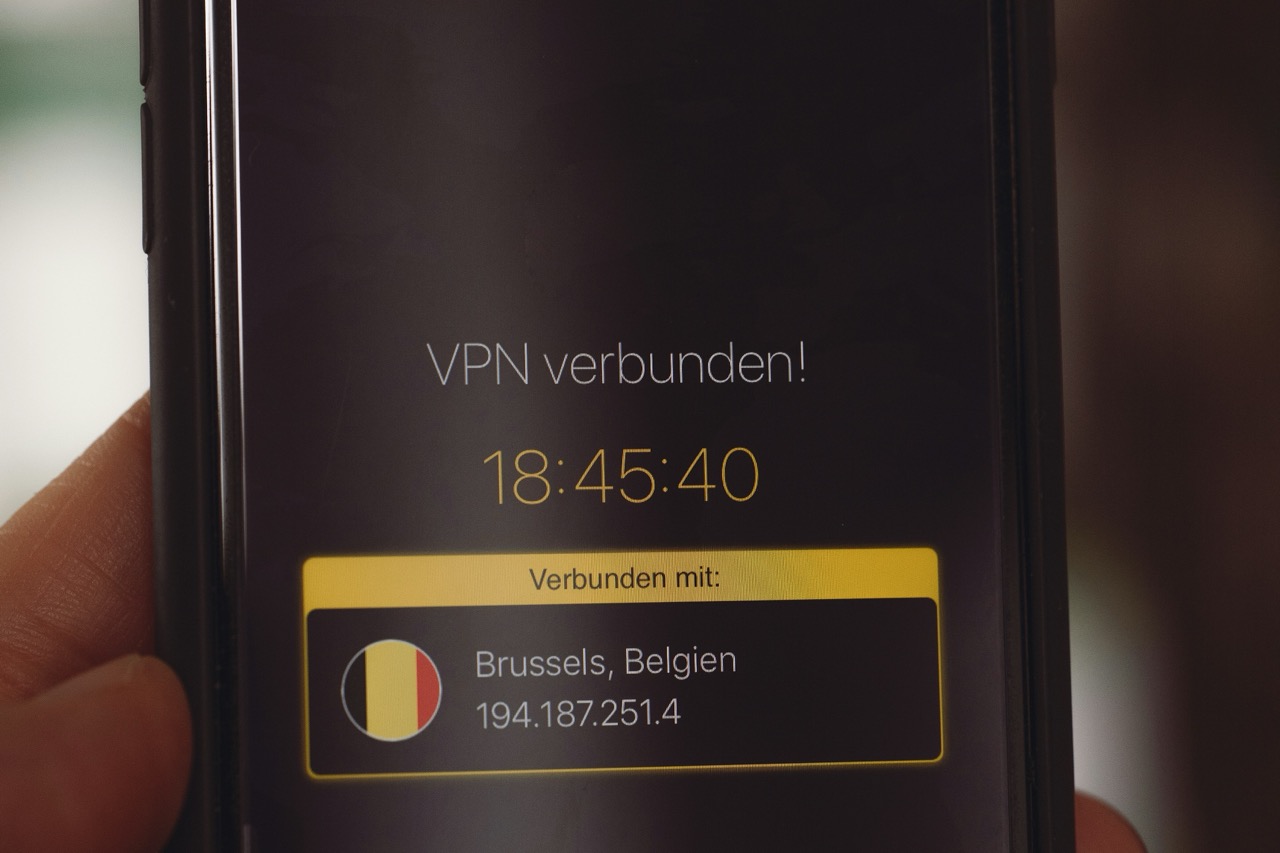In today’s digital landscape, sports fans face numerous challenges when trying to access live events, primarily due to geo-restrictions imposed by broadcasters. Fortunately, Virtual Private Networks (VPNs) offer a robust solution that allows viewers to bypass these barriers. By masking your IP address and routing your internet connection through servers in different locations, VPNs enable you to access content from various regions worldwide. This article will guide you through the process of watching live sports from anywhere using a VPN, ensuring you enjoy uninterrupted access to your favorite games.
Understanding VPN Technology for Live Sports Streaming
A Virtual Private Network (VPN) creates a secure, encrypted connection between your device and a remote server operated by the VPN provider. When you connect to a VPN server, your internet traffic is routed through that server, effectively masking your real IP address with one from the server’s location. This process allows you to appear as though you are browsing from a different place, which is particularly beneficial for accessing geo-restricted content, such as live sports broadcasts.
For sports streaming, VPN technology is essential in overcoming the limitations imposed by broadcasters that restrict their content based on geographic locations. Major networks and streaming services typically have licensing agreements that dictate where their content can be viewed. By using a VPN, you can select a server in a country where the sports event is available for viewing, thus gaining access to that content as if you were located there.
Moreover, VPNs enhance your online security by encrypting your internet traffic. This is crucial when accessing public Wi-Fi networks, which are often targets for cyber attacks. By utilizing a VPN, not only can you enjoy your favorite sports events, but you can also do so with an added layer of protection against potential threats.
Selecting the Right VPN for Your Streaming Needs
Choosing the right VPN for sports streaming involves considering several factors, including server locations, connection speeds, and compatibility with streaming devices. First and foremost, ensure that the VPN you select has a wide array of servers in various countries, particularly those where your desired sports channels are available. A diverse server network increases your chances of finding a fast and reliable connection to access live sports.
Connection speed is another critical factor when selecting a VPN for streaming. High-definition sports broadcasts consume significant bandwidth, so it is essential to choose a VPN known for fast speeds and minimal latency. Reading user reviews and conducting speed tests can help you gauge the performance of different VPN services. Additionally, many VPNs offer trial periods or money-back guarantees, providing you with an opportunity to test their performance before committing.
Lastly, ensure compatibility with your preferred streaming devices. Most VPN providers offer applications for various platforms, including Windows, macOS, iOS, and Android. Some even provide browser extensions or support for smart TVs and gaming consoles. Confirm that the VPN you choose meets your device requirements, as this ensures a seamless streaming experience.
Setting Up Your VPN: A Step-by-Step Guide
To begin using a VPN for live sports streaming, the first step is to select a VPN service that meets your needs, as discussed previously. Once you’ve chosen a provider, visit their official website to sign up for a subscription plan. Most VPN services offer various pricing tiers, so select one that aligns with your budget and streaming requirements.
After registration, download and install the VPN application on your device. Almost all reputable VPN services provide user-friendly applications for multiple operating systems. Follow the installation prompts to complete the setup and launch the application once it is installed. You will typically be prompted to enter your account credentials before proceeding.
Once logged in, navigate to the server selection feature within the VPN application. Choose a server located in the country where the sports channel you want to access is available. After establishing a connection, you can open your preferred sports streaming platform or website, and you should now have access to the content as if you were located in that region.
Accessing Geo-Restricted Sports Channels: A How-To
With your VPN set up and connected to a suitable server, accessing geo-restricted sports channels becomes straightforward. First, identify the sports streaming service or channel you wish to watch. This could be a popular platform like ESPN, DAZN, or a local broadcaster that streams specific sporting events. Ensure that the service is available in the country corresponding to the server you are connected to.
Next, visit the streaming service’s website or open its app. If you have an existing account, log in using your credentials. If you are a new user, you may need to create an account, which could involve providing payment information. Many services offer free trials, allowing you to test their offerings before committing to a subscription. Ensure that your VPN connection is active during this process to avoid any geo-restriction issues.
Once you are logged in, navigate to the live sports section of the site or app. You should now be able to watch live events without encountering blackouts or restrictions. If you experience any issues, consider switching to a different server within your VPN to see if that resolves the problem.
Optimizing VPN Performance for Seamless Streaming
To ensure the best streaming experience while using a VPN, several optimization strategies can be employed. First, always connect to the nearest VPN server for improved speed and reduced latency. While it might be tempting to connect to a server in a distant location to access specific content, the closer the server, the better the performance you are likely to achieve without buffering.
Next, consider using wired connections over Wi-Fi when possible. Ethernet connections typically provide more stable and faster internet access, which is particularly beneficial for high-bandwidth activities like streaming high-definition sports. If you must use Wi-Fi, try to minimize interference by positioning yourself closer to the router or using a dual-band router to enhance your connection.
Lastly, regularly check for updates from your VPN provider. Many VPN services optimize their software to improve performance and increase server speeds. Keeping your application up to date ensures you benefit from the latest enhancements, which can significantly impact your streaming experience.
Legal Considerations When Using a VPN for Sports Viewing
While VPNs are legal in many countries, using them to bypass geo-restrictions can lead to legal complexities, especially concerning sports streaming. Broadcast companies invest substantial resources in acquiring rights to show specific content and may employ measures to prevent unauthorized access. As a result, using a VPN to stream content not available in your region might violate the terms of service of your chosen streaming provider.
If you decide to use a VPN for sports viewing, it is essential to understand the terms of service of the streaming platform. Many services explicitly prohibit the use of VPNs in their user agreements, which could result in your account being suspended or banned. Therefore, it is prudent to weigh the risks against the benefits of accessing your favorite sports events through a VPN.
Ultimately, while VPNs provide a means to access geo-restricted content, users must remain informed about the legal implications and potential consequences. Understanding the regulations in your country and the specific policies of the streaming services you use will help you navigate the complexities of watching live sports online.
In conclusion, a VPN can be an invaluable tool for sports enthusiasts looking to access live events from anywhere in the world. By understanding the technology behind VPNs, selecting the right service, and following the steps to set up and optimize your connection, you can enjoy seamless streaming of your favorite sports. However, it is crucial to remain aware of the legal considerations associated with using a VPN for streaming, ensuring that your viewing habits do not inadvertently breach any terms of service. With the right approach, you can circumvent geo-restrictions and stay connected to the sports you love, no matter where you are.










